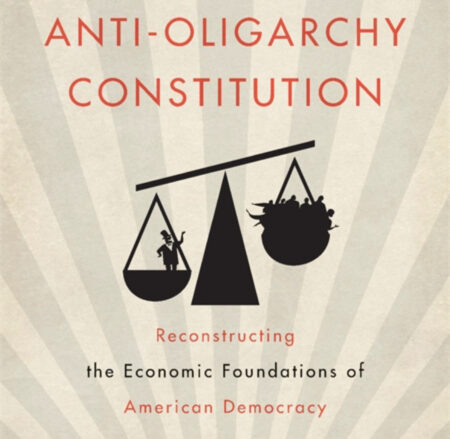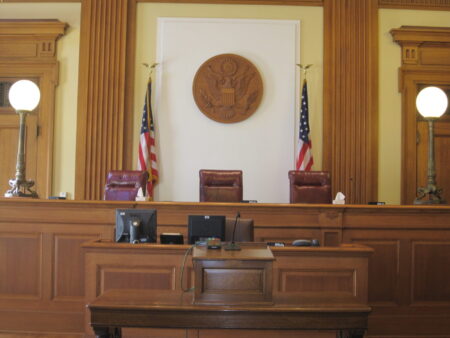
How Agencies Should Respond to West Virginia v. EPA
Each year, the Supreme Court hears roughly 65 merits cases. The administrative state, meanwhile, issues thousands of rules. Given this institutional reality, along with the inherent vagueness of the so-called major questions doctrine, the worst mistake an agency can make is to clip its own wings.






